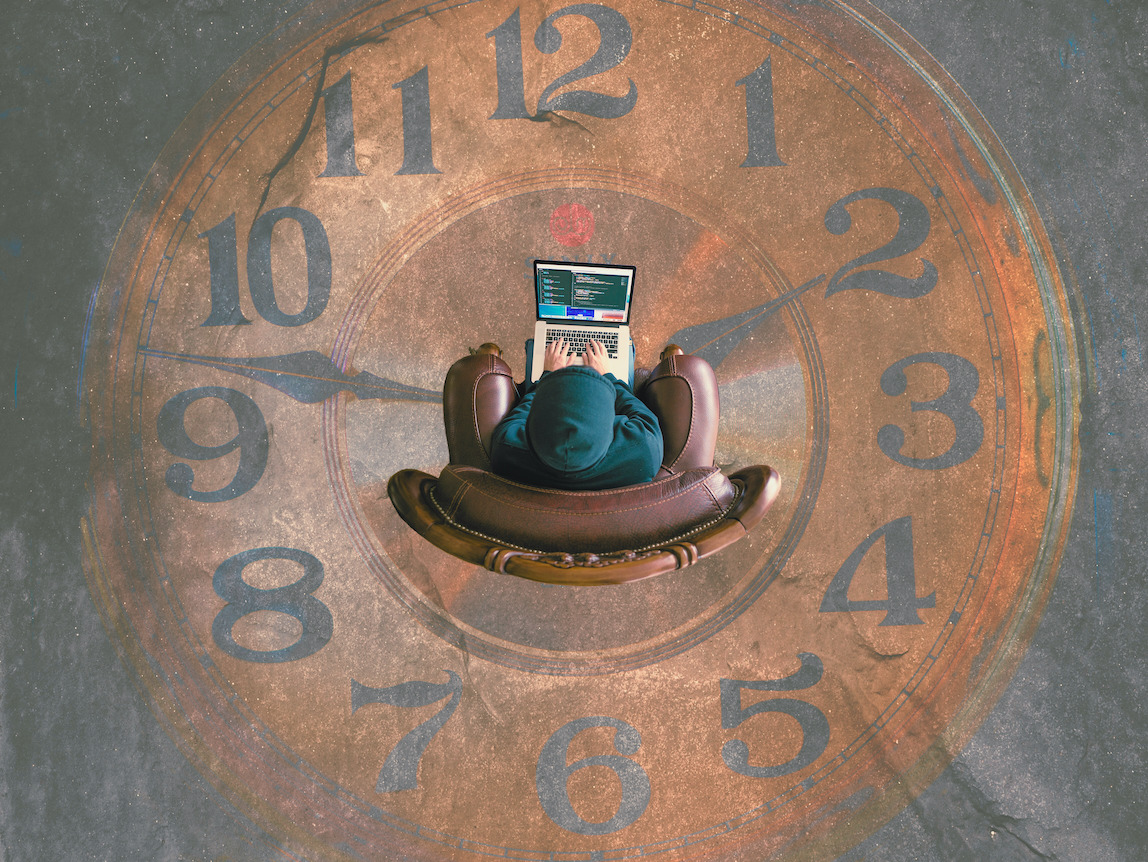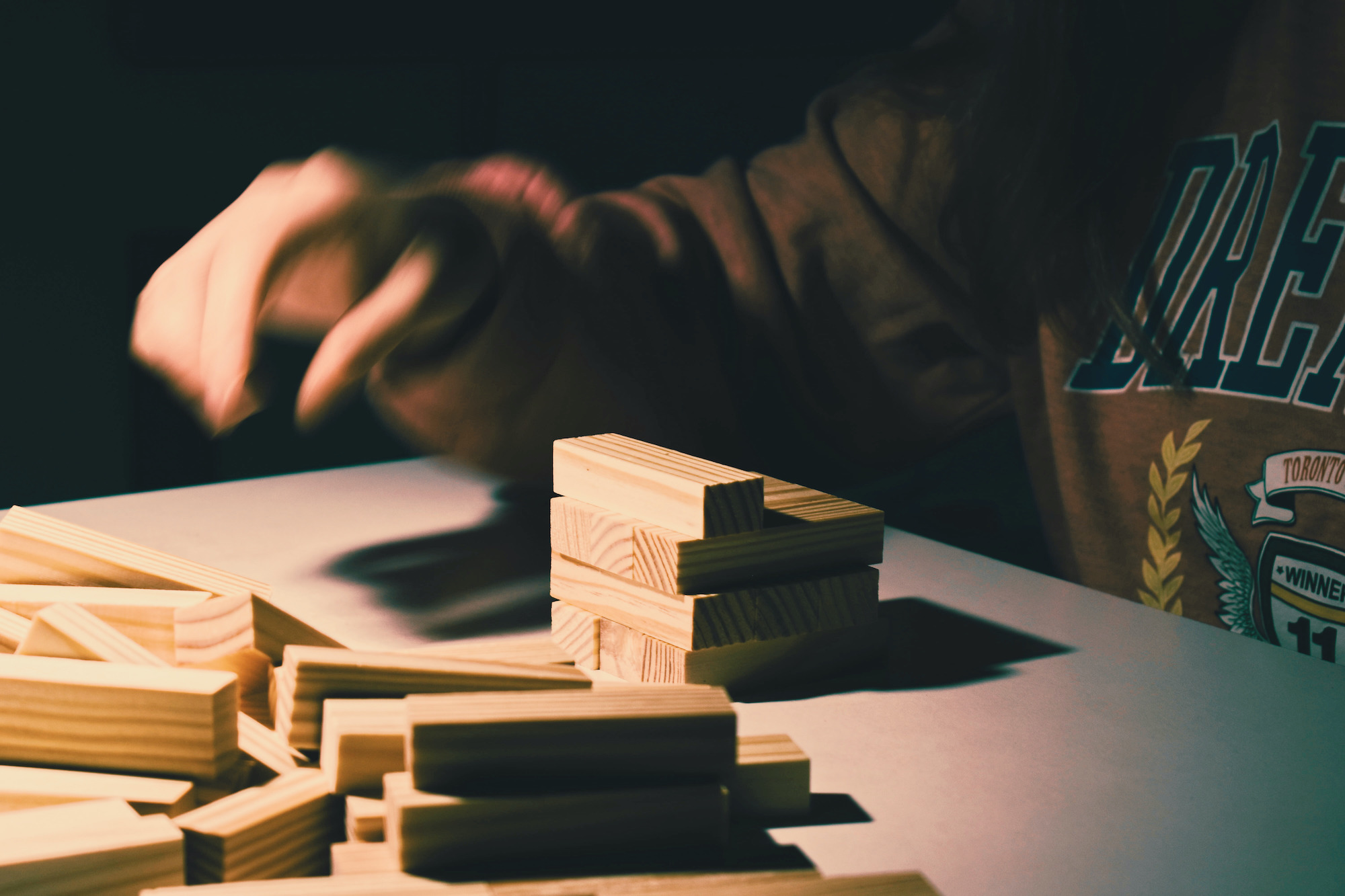I love reading and talking about building habits. I’ve written before about a breaking point I reached several years ago that forced me to consider and change many of my habits. At the time, my spiritual and emotional health was the impetus for this change. However, as my life has become progressively busier, I’ve found myself reading anything I can find about habits and habit formation, not just for spiritual or emotional reasons, but for the sake of simply managing my time well.
I’ve also noticed the frequency at which the people around me bemoan the busyness of their lives and how they just can’t seem to manage everything they’re doing. For some, this is a legitimate concern. However, what’s funny to me is that some who complain about busyness are far from the busiest people I know. It’s not that they need to take something off their plate; it’s that they are not disciplined enough to manage their time well. They need a shift in perspective. I fall into this category—frequently.
Other people I talk to are in a different camp—they aspire to do more but are unsure where to start. Some have been given opportunities but don’t know if they have the bandwidth to say “yes.” Some would simply like to be more disciplined and productive. Some are convicted that they’re not stewarding their time well.
In four articles, I hope to encourage anyone who feels overwhelmed by everything they’re juggling or would like to add more to their plate. Regardless of where you fall, I’m convinced that strategic habit-building is the place to start. In this first article, I will summarize what I’ve learned from studying habits and how they relate to time management. In the second article, I will dive deeper into a proper motivation for habit formation. In the last two articles, I will practically apply the discussions of the first two articles.
What is a habit?
Habits are a patterned response to a circumstance. For example, when your alarm goes off in the morning, whether you get up immediately or press snooze four times is a response you’ve trained yourself to make— it’s a habit. For better or worse, the more you repeat a response, the more automatic it becomes. Your brain creates little pathways from trigger (the alarm) to response (snooze or no snooze). The more you take that same pathway, the harder it becomes to create a new one.
It’s an imperfect analogy, but consider these pathways the way you would a river. A river carves out a canyon by moving in the same direction over time, eroding and cutting away the earth. Similarly, the more your brain takes the same pathway in response to an circumstance, the deeper that pathway gets and the harder it is to get out.
Unlike a real canyon, though, it is possible to undo the canyons created in your brain. Creating new habits can be done with lot of work and patience. Some studies suggest that creating new behavior patterns can take three to six months. You must reprogram your brain to do something else in response to that same circumstance. Using the example above, I used to habitually press snooze multiple times after my alarm went off in the morning. I finally started putting my phone on the other side of the room, so I had to actually get out of bed to turn it off. Even then, it took weeks for me to force myself to stay out of bed instead of crawling back in 3 times between snoozes.
I keep focusing on the “pressing snooze” habit because getting up early is a “keystone habit” for me. (I am convinced it should be for most people, but that’s an argument for another time!) A “keystone habit” is what Charles Duhigg, in The Power of Habit, describes as a habit that matters more than others in remaking lives. He writes,
“Keystone habits start a process that, over time, transforms everything…The habits that matter most are ones that, when they start to shift, dislodge and remake other patterns.” (100, 101)
My success in juggling everything on my plate rises and falls upon my getting up early—really early. When I am asked how I do everything I do, my answer is always, “I get up really early.” My spiritual disciplines, work, and even parenting depend on those quiet hours in the morning before most people are awake. Getting up early is the habit on which all of my other habits are built.
There is much more than can be said here about habits. I’ll only add that building habits is not necessarily the same thing as goal setting. Goals can give you direction and short-term motivation, but building good and healthy habits creates more long-term and sustainable change. This is why I stopped making New Year’s resolutions and started focusing on habit formation throughout the whole year.
Everyone has habits, whether they are aware of them or not. The key is to become aware of them, determine what habits need to be changed or added to your daily rhythms, and begin with a keystone habit.
How does this all relate to time management?
The bulk of this article focuses on habits, but this discussion has natural implications on time management. We can’t talk about time management without talking about habits. Habits are how we get a hold of our time. In her book, The Writing Life, author Annie Dillard writes, “How we spend our days is, of course, how we spend our lives.”
Like it or not, you have a finite amount of time and are either using it or wasting it through your habits. According to a Duke University study, habits account for about forty percent of our daily behaviors. Your time is going somewhere and habits are the double-edged sword of time management. Good habits give purpose to our time and help us use it well. Bad habits cause us to waste time and steward it poorly.
This is where building good habits comes in. Not only do habits help us manage our time well, but they help us maintain perspective about how we use our time. I used to think I was busy…when I had no children and a part-time work-from-home job. Even though I have added about five extra things to my plate since then—at least two of which are “full-time,” I feel less overwhelmed now than I did four years ago. I believe this is because of the habits I have built to help me manage my time and use it well.
Regardless of your level of busyness, building good habits will help you manage your time well and, hopefully, either keep you from feeling like you’re drowning in everything on your plate or help you become more productive and able to say “yes” to new opportunities.




